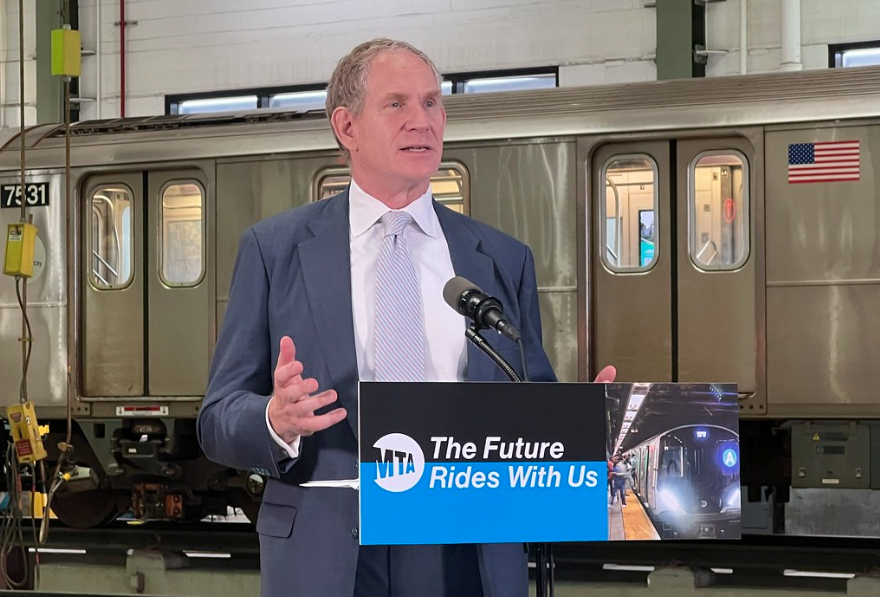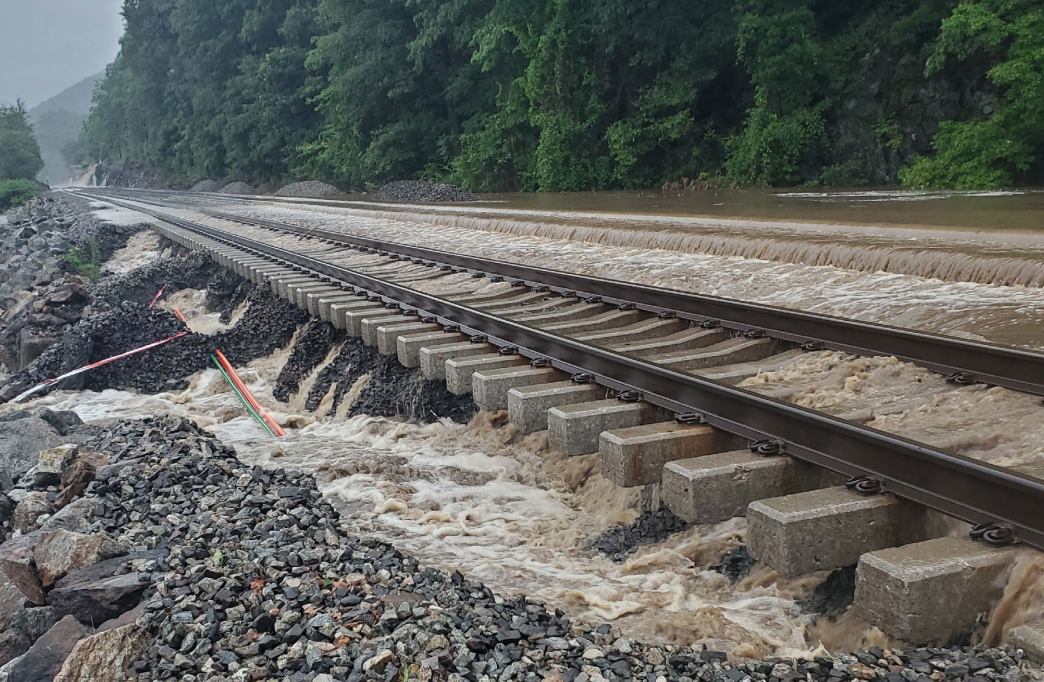MTA capital plan includes $6.2B for Metro-North
The Metropolitan Transportation Authority (MTA) has released its proposed 2025-2029 Capital Plan, which proposes spending $68.4 billion on capital projects for the MTA’s subways, buses, railroads, bridges, and tunnels over the next five years. Included is just over $6.2 billion that the MTA would spend on enhancements to the Metro-North Railroad that serves riders on its Hudson, Harlem and New Haven commuter lines.
“This Capital Plan was developed by the most comprehensive analysis the MTA has ever undertaken to truly understand the needs of the system, the challenges and opportunities,” said MTA Chair and CEO Janno Lieber. “After years of underinvestment, more than 90% of this proposed plan — the largest in MTA history — focuses on bringing the system to a state of good repair. These investments are necessary to serve the following generations and the future of the region’s economy, environment, and social and economic equity.”

The lion’s share of the $68.4 billion, $47.8 billion, goes to the New York City subways and bus systems. The plan calls for buying 1,500 new subway cars, installing new signals and upgrading stations, among other things.
The Long Island Rail Road and Metro-North each would see spending on capital projects of approximately $6 billion. Both commuter rail lines would receive new cars, upgrades to maintenance shops and upgrades to their signal and electrical systems among other items.
A major beneficiary of the plan to the tune of $1.6 billion would be the Grand Central Artery, which is traveled by approximately 750 trains a day going into and out of Grand Central Station. The MTA says that 98% of all Metro-North trains use the artery, a four-mile stretch that includes the Grand Central Terminal itself, the Train Shed where trains park at Grand Central, the Park Avenue Tunnel and the elevated tracks on the Park Avenue Viaduct. The MTA describes it as being “in desperate need of repair.”
The MTA plans to spend $800 million to work on the more than 50% of the 74-mile-long Hudson Line that is vulnerable to coastal surge risk. During recent storms portions of the tracks along the Hudson River have been damaged by high water that washed away the roadbed. Torrential rains have caused landslides in areas where tracks are adjacent to steep slopes. The proposed plan focuses on addressing erosion hot spots, stabilizing upland slopes, and upgrading drainage in the most vulnerable and highest-ridership segments of the line, protecting more than 20 miles of the Hudson Line.

A major focus of the plan is to eat away at the backlog repair needs for Metro-North stations. The plan will replace and rehabilitate deteriorating station platforms and other major station components, especially at Harlem Line stations.
The plan provides for upgrading the electrical system used to drive the trains with new power substations to improve reliability and enable Metro-North to run more trains across its network.
New train cars would be purchased to replace existing fleet that is past its useful life. New locomotives would be bought for service west of the Hudson River.
The Hudson Line Stations at Ludlow in Yonkers and Wakefield in the Bronx would be upgraded to make them accessible.
The 2025-2029 Capital Plan calls for expanding and reconfiguring Metro-North’s train yard at Brewster so that that it can accommodate the new railcars that will go into future service. The existing railcar wash facility at the Croton-Harmon Yard that has reached the end of its expected useful life would be replaced and new diesel exhaust fluid facilities for the locomotive fleet would be installed.
The capital spending plan for Metro-North allocates $1.96 billion for rolling stock, $959 million for stations, $1.722 billion for tracks and structures, $598 million for communications and signals, $520 million for power upgrades, $225 million for the train yards and $286 million for miscellaneous projects.
The MTA Board is scheduled to vote on the Capital Plan when it meets Sept. 25.